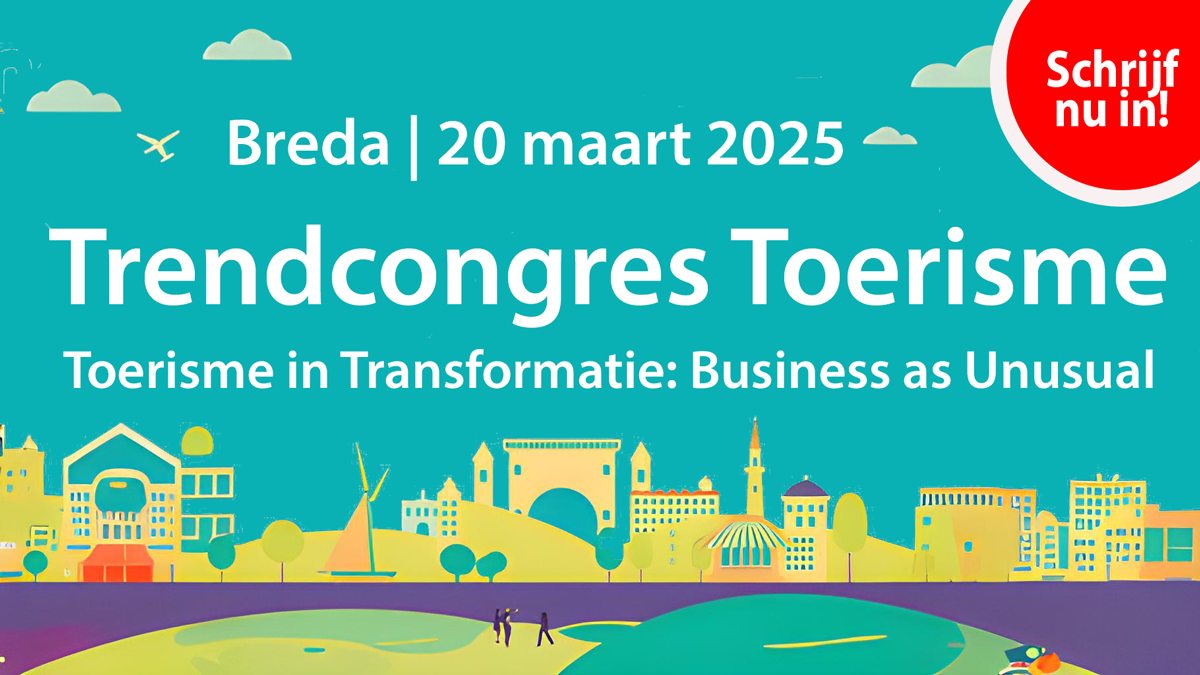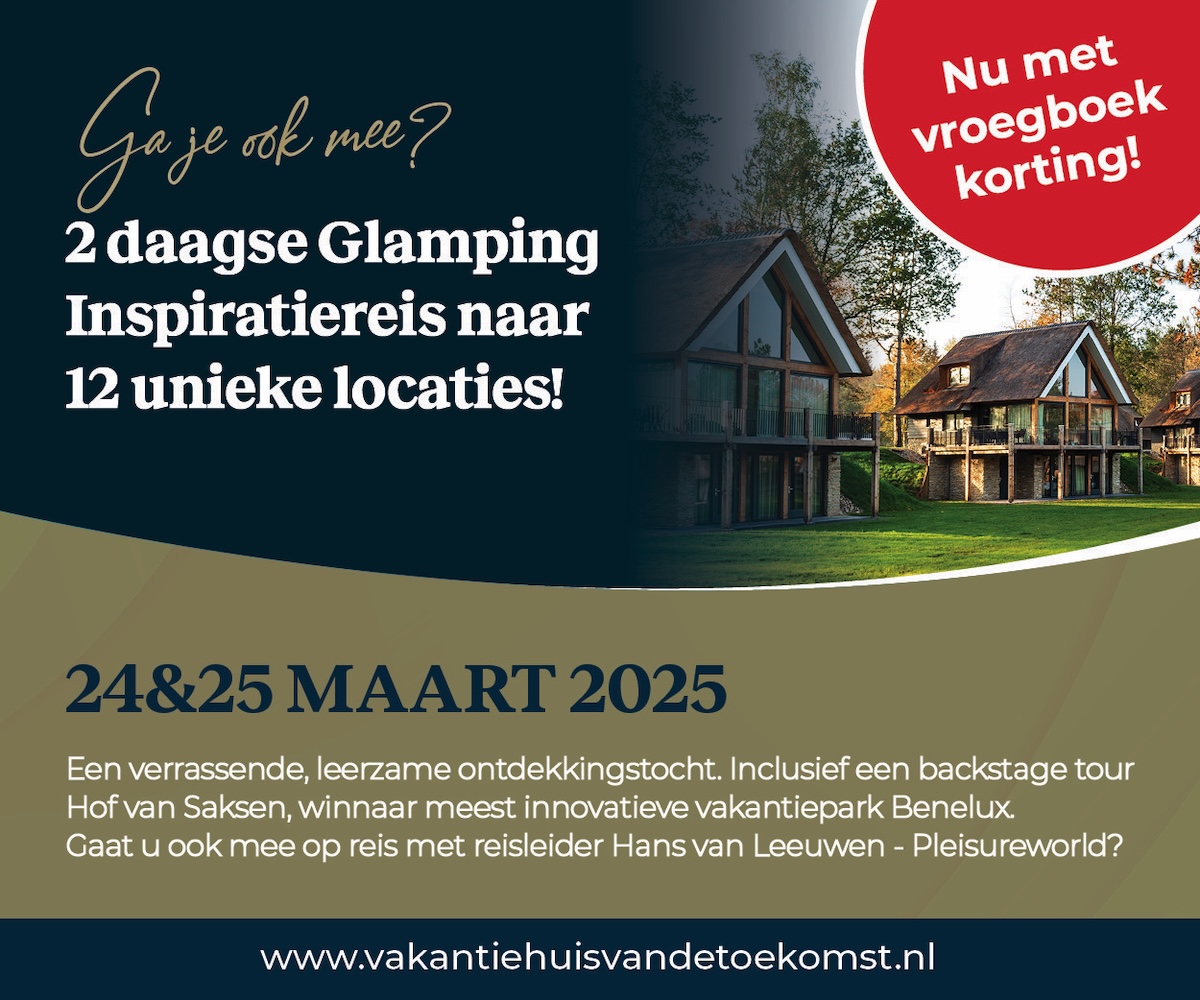Introduction to Uncover 8: Internationalisation
The dynamics of internationalisation
These are dynamic times, characterised by widely differing opinions about and movements around internationalisation. Creating a themed Uncover issue at this time could be seen as choosing the right moment to take a breath of fresh air amidst the storm. With the current turbulence, taking stock of where we actually are, where we have come from and where we are going is a meaningful process. For BUas and ALE, it is clear that internationalisation has been in their very fibres from the beginning and that the added value of intercultural classroom settings is something to be nurtured sustainably.
We start this Uncover with the chapter on Perspectives, in which we zoom out progressively. From the perspective of BUas, we move via a Dutch and European perspective to an even broader global view of internationalisation, including contributions from Nuffic and EAIE. All these contributions strongly reflect the importance of inclusive internationalisation.
We then zoom back in on the Leisure & Events domain. In the Projects chapter, we immerse you in a diversity of international collaborations in education and research involving professionals, students and/or the professional field. A common thread that stands out here is the appreciation of the diversity of intercultural perspectives involved, which is enriching, combined with the actual search for solutions together through an interactive process in which face-to-face meetings are crucial. Herein also lies the essential lesson of moving together towards the global challenges ahead, which we cannot solve within national borders.
This is a logical prelude to the chapter on Networks in which we highlight a number of important networks and platforms that help us to make relationships and projects sustainable, and at the same time, often act as catalysts facilitating exchange and dialogue, providing food for further exploration of issues, and also facilitating the search for new partners. In this context, the contribution around ATLAS deserves special attention, in which the emergence and development of higher leisure education in the Netherlands is intertwined with the internationalisation of leisure education in Europe and worldwide.
Personal stories take centre stage in the next chapter, where students, lecturers, support staff and researchers use their own narratives to make sense of the value of being and moving within an international context. It is awe-inspiring to see the richness and diversity of personal and professional perspectives on this theme come to light.
Positive experiences and learning effects from intercultural encounters are too valuable to exclude anyone.
This also brings us to the perspective of internationalisation@home. Not everyone can or wants to travel across national borders. And diversity and the intercultural classroom are not just about international differences. That is why BUas and ALE are strongly committed to educational programmes and a campus environment where connections are sought in various ways from within Breda itself to create intercultural contexts. Just think of cooperation with experiential experts who have a disability, or with citizens in numerous neighbourhoods in Breda, or think of seeking online connection with diverse communities in regular BUas education. An important topic here is the focus on well-being and feeling welcome on campus and in Breda itself through contributions from BUas clubs and ESN.
To conclude, we are proud that the World Leisure Organization, which has contributed to our magazine for many years, has taken on a full chapter this time. We have a special relationship with the WLO and it is a pleasure to be able to end the magazine with the World Leisure Centres of Expertise from various continents talking about the state of internationalisation in their respective contexts.
It is great to also already look ahead to next year when the 18th World Leisure Congress will take place in Breda. We can already give away a scoop that the next edition of Uncover will be presented to the national and international participants of this event and that it will be dedicated to the theme of ‘Leisure for a better society’.
Achieving an accurate and appealing visual representation of all the perspectives, projects, networks, people and collaborations was a challenge for this Uncover. How do you actually visualise the full diversity you are covering? More than ever before, we received informal group photos as well as the somewhat more formal portrait photographs. And the photos of groups of people at conferences, in workshops, in dialogue, or out and about together were also numerous. It is precisely in this portrayal of the connectedness, commitment and togetherness of a diversity of people that you can see the importance of direct contact that is so crucial in internationalisation.
Peter and Simon


































































